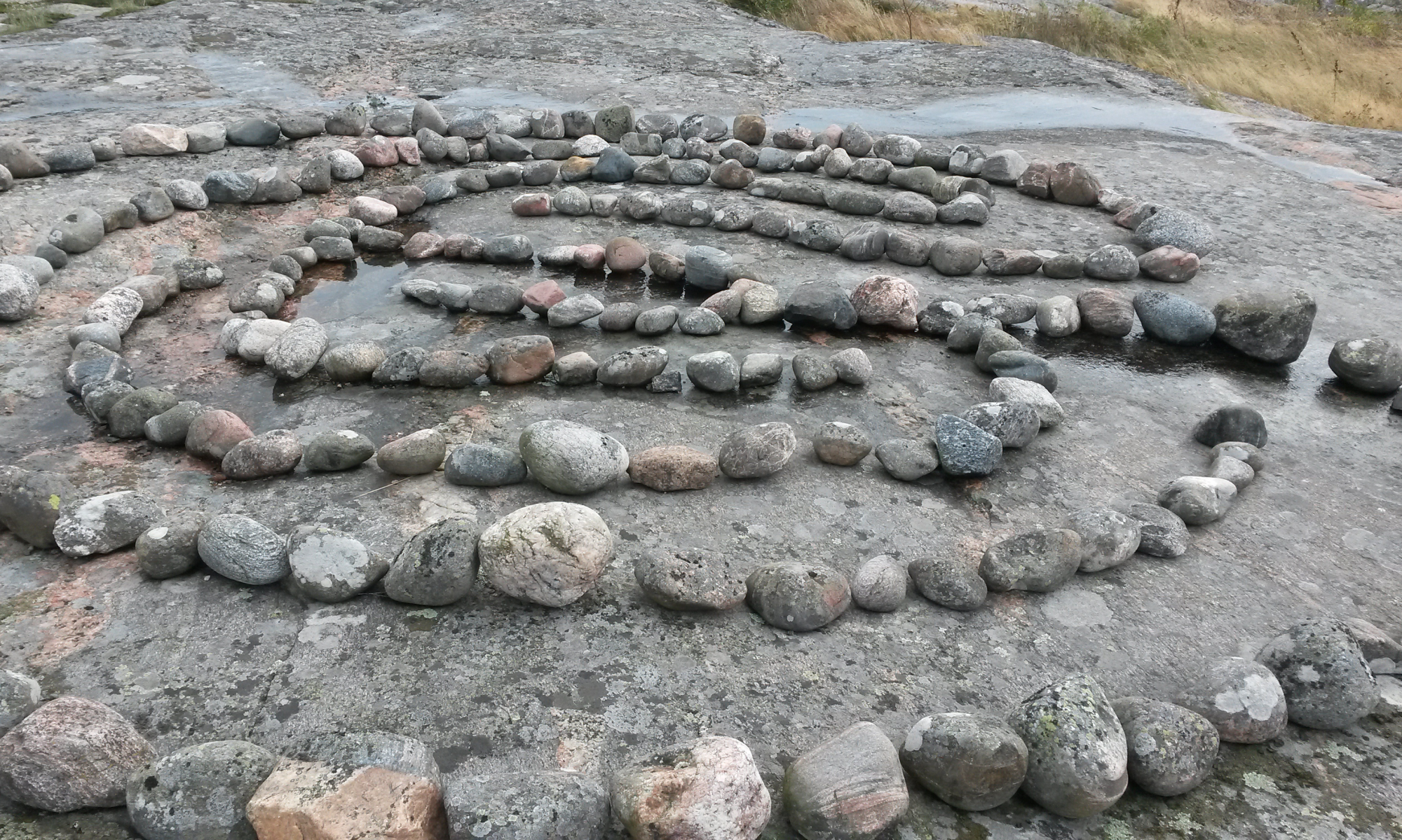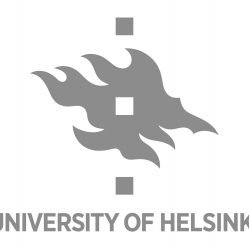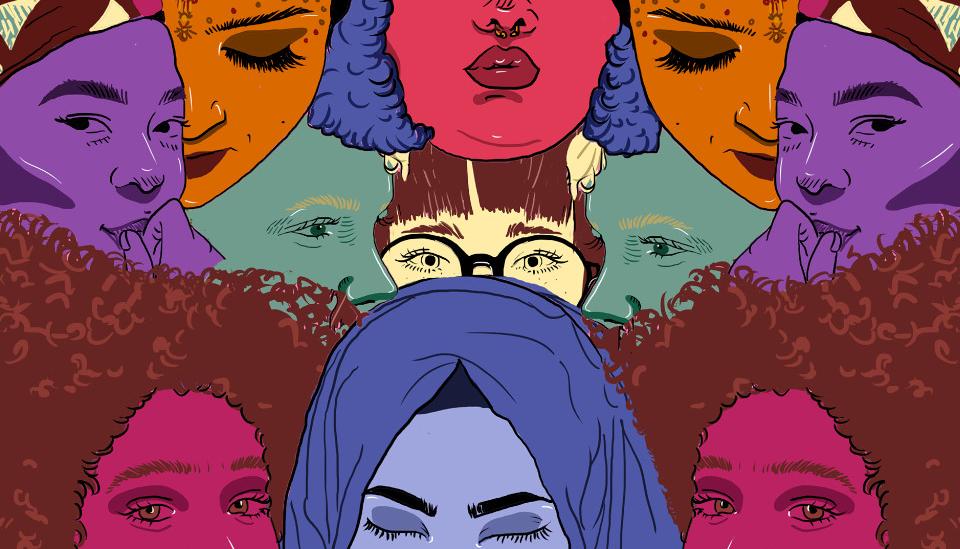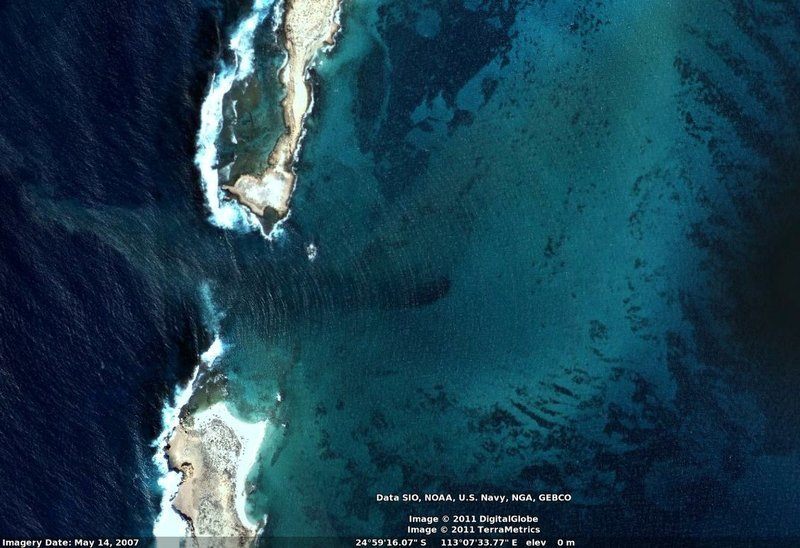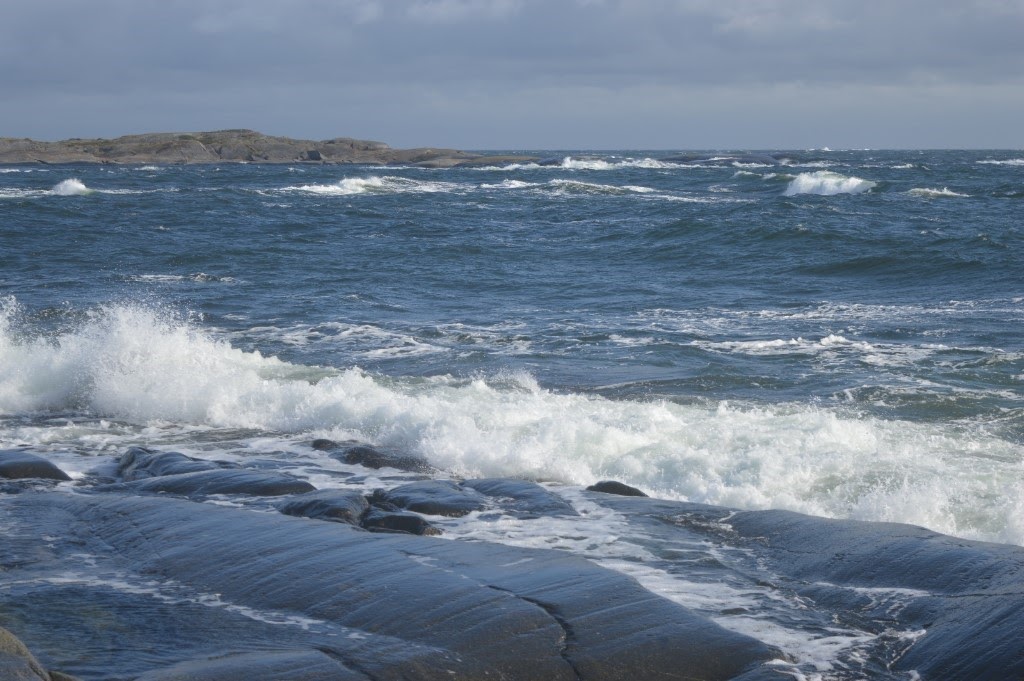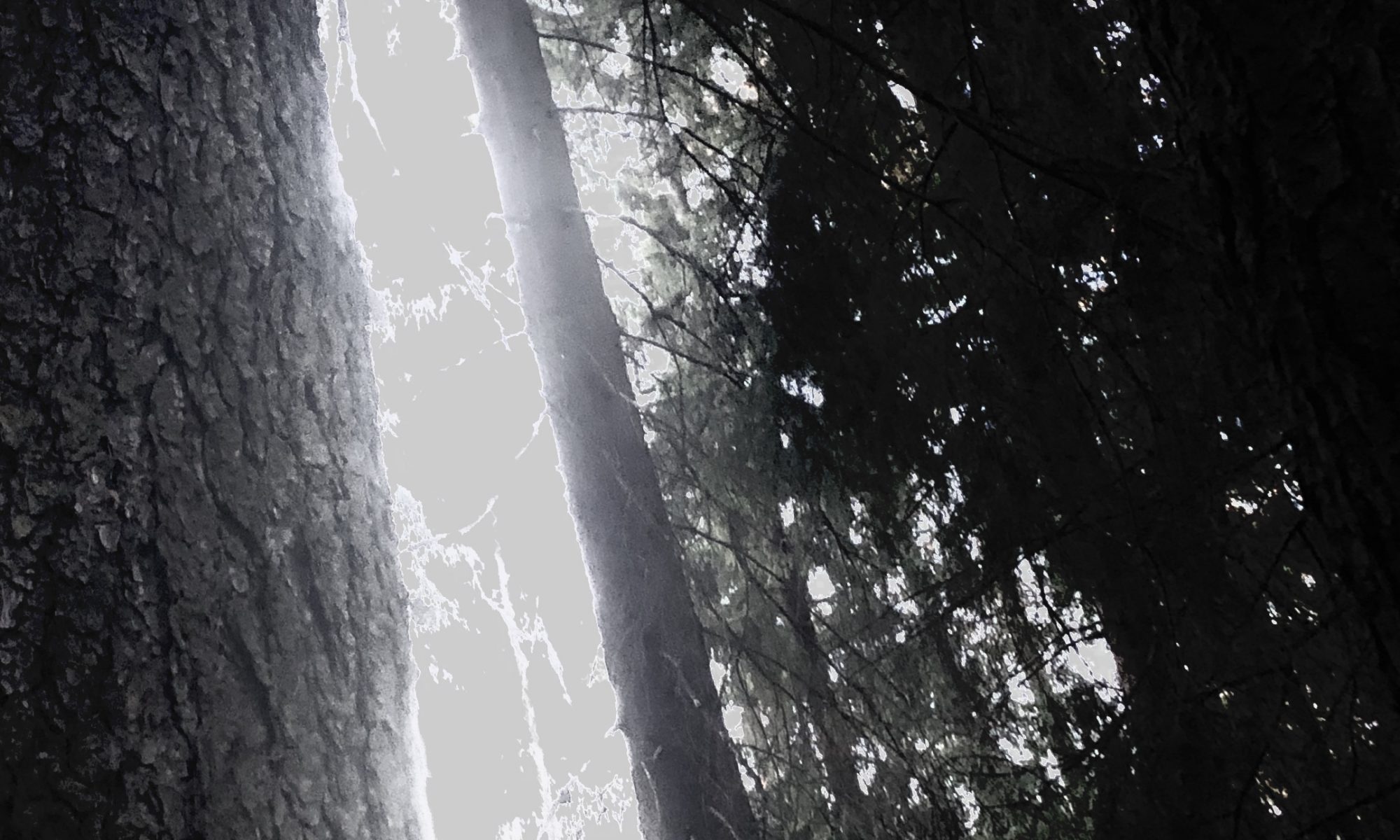Online seminar on Friday, 4.3.2022, at 9.00am
The purpose of the Sustainability Education Research Day is to explore the intersections of current educational research and practices and sustainability studies. By the title “Beyond Boundaries”, this year’s seminar seeks to address the need and the potentials of examining perspectives across disciplines and accounting for transitions and margins.
The day is organized by SusEdu (Sustainability Education research group at the Faculty of Education, UH), a diverse group of sustainability researchers and educators from different research and didactic backgrounds.
During this seminar day, we encourage participants to extend their thinking, research and collaboration beyond the confines of educational sciences. In hopes of drawing closer the disparate areas of sustainability research and educational practices, our seminar invites presenters to engage with topics that afford for transdisciplinary and other contact zones. In addition, the aim is to examine how sustainability educators and researchers nowadays navigate academic/non-academic, cultural/physical, temporal/spatial, ontological/epistemological and empirical/theoretical boundaries.
We welcome all colleagues with an interest in these issues to take part.
The seminar day will start with a welcome address by the Dean of the Faculty of Educational Sciences Professor Johanna Mäkelä. It continues with a keynote speech by Associate Professor Michiru Nagatsu (HELSUS). The keynote is followed by paper presentation sessions.
If you would like to give a short presentation on your research topic, please contact Riikka Hohti (firstname.surname@helsinki.fi) and Antti Laherto (firstname.surname@helsinki.fi), and include:
- The title of your presentation
- Author’s name or authors’ names
- Author’s title, research field, and affiliation (for every author, if more than one)
- Abstract (100-150 words)
- The language(s) you are ready to present (in priority order)
We welcome proposals in Finnish, Swedish and English.
Please send your proposal no later than Friday, 4.2.2022.
We will respond to the submitted proposals, and send further information on the programme by Monday, 14.2.2022.
You are also welcome to participate in the seminar without a paper. You will find the programme and a Zoom-link in a forthcoming e-mail.
What is SusEdu?
Sustainability Education aims to build awareness and knowledge about sustainability issues, including contemporary unsustainability crises, and to envision and act for a better future. Sustainability education research studies and develops educational theories and methods related to sustainability education. Currently, the members of SusEdu include professors, lecturers and researchers based at the Faculty of Education and/or HELSUS (Helsinki Institute of Sustainability Science). The SusEdu group works in close collaboration with other working groups interested in sustainability at the Faculty, such as the Kestävän Kehityksen työryhmä (KekePeda).
We would also like to invite interested researchers to become members of the SusEdu group. Please contact the chair Lili-Ann Wolff by e-mail (firstname.surname@helsinki.fi), if you would like to join or learn more about SusEdu.
